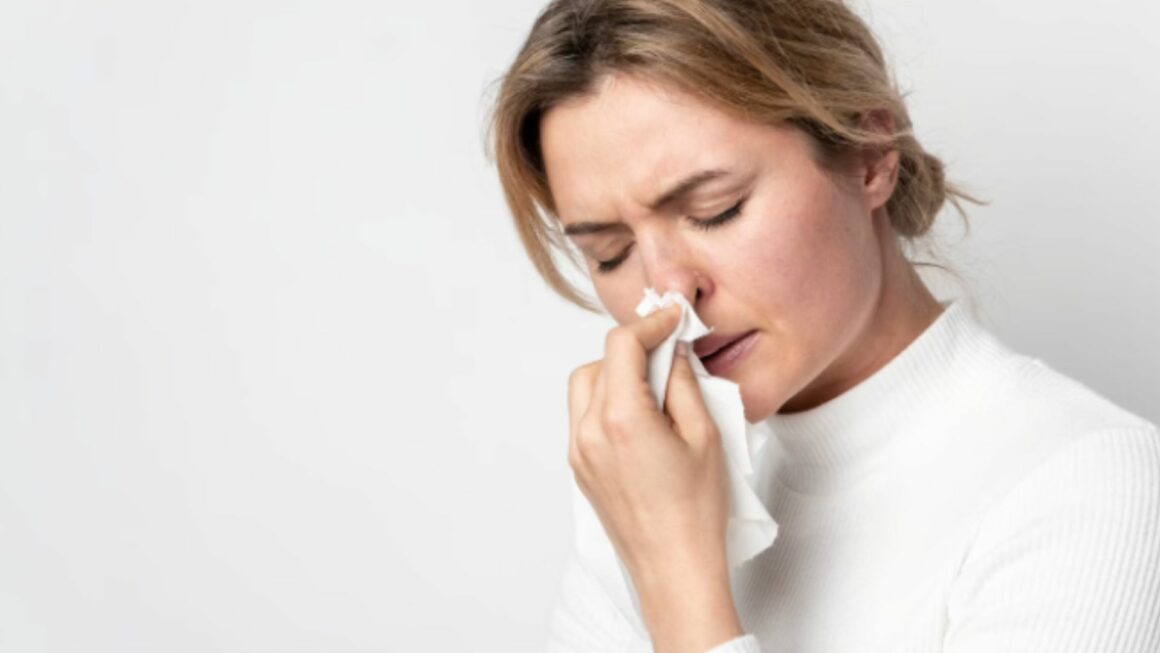Post-Traumatic Stress Disorder (PTSD) is a mental health condition that can develop after experiencing or witnessing a traumatic event. It can significantly impact an individual’s daily functioning and quality of life. In this post, we will delve into the common symptoms of PTSD and discuss effective coping strategies to help individuals manage and overcome the challenges associated with this condition.
Symptoms of Post-Traumatic Stress Disorder (PTSD):
- Intrusive Memories: Recurrent distressing memories or flashbacks of the traumatic event, often triggering emotional and physical reactions.
- Avoidance: Avoidance of reminders or triggers associated with the traumatic event, including places, people, activities, or conversations.
- Hyperarousal: Persistent feelings of anxiety, irritability, hypervigilance, and difficulty sleeping. Individuals with PTSD may be easily startled or have anger outbursts.
- Negative Mood and Cognition: Distorted beliefs about oneself or others, persistent negative emotions, feelings of detachment, or a diminished interest in activities previously enjoyed.
- Emotional Reactivity: Experiencing heightened emotional responses, such as intense fear, guilt, or shame, that may be disproportionate to the current situation.
- Physical Symptoms: Persistent physical symptoms, such as headaches, stomachaches, or muscle tension, that often co-occur with the psychological symptoms of PTSD.
Coping Strategies for Post-Traumatic Stress Disorder (PTSD):
- Seek Professional Help: Consult with a mental health professional, such as a therapist or psychologist, experienced in trauma-related therapy. Evidence-based treatments like Cognitive Behavioral Therapy (CBT), Eye Movement Desensitization and Reprocessing (EMDR), or Trauma-Focused Cognitive Behavioral Therapy (TF-CBT) have shown promising results in treating PTSD.
- Build Supportive Relationships: Surround yourself with supportive and understanding individuals who can provide a safe space for discussing feelings and experiences related to the trauma. Participating in support groups or online communities with fellow individuals who have experienced similar traumas can also be beneficial.
- Practice Self-Care: Prioritize self-care activities that promote physical, mental, and emotional well-being. This may include engaging in regular exercise, practicing mindfulness or meditation, getting sufficient sleep, and adopting healthy coping mechanisms like journaling or engaging in creative outlets.
- Develop Healthy Coping Skills: Learn effective coping skills to manage anxiety or stress triggers. This may involve deep breathing exercises, progressive muscle relaxation, grounding techniques, or engaging in relaxation activities like yoga or tai chi.
- Create a Safety Plan: Develop a safety plan that outlines strategies for managing distressing symptoms if triggered by reminders of the traumatic event. This can include using sensory grounding techniques, contacting a trusted friend or family member, or having a list of emergency numbers readily available.
- Avoid Substance Use: It is important to avoid using alcohol or drugs as a means of coping with PTSD symptoms. Substance use can worsen symptoms, hinder recovery, and lead to addiction.
- Educate Yourself: Learn about PTSD and its treatment options to gain a better understanding of the condition. Knowledge can help normalize experiences and empower individuals in their healing journey.
- Practice Stress Reduction Techniques: Engage in stress-reducing activities, such as spending time in nature, engaging in hobbies or creative outlets, listening to calming music, or practicing relaxation techniques.
- Establish a Routine: Establishing a structured daily routine can provide a sense of stability and control, minimizing triggers and promoting a sense of well-being.
- Be Patient and Kind to Yourself: Healing from PTSD takes time, and it is essential to be patient and kind to yourself throughout the process. Celebrate small successes and acknowledge that recovery is a unique journey for each individual.
Conclusion:
Post-Traumatic Stress Disorder is a complex condition that requires understanding, support, and effective coping strategies. By seeking professional help, building a strong support system, practicing self-care, developing healthy coping skills, and implementing stress reduction techniques, individuals with PTSD can work towards managing their symptoms and reclaiming their lives. Remember, recovery is possible, and there is hope for healing and building resilience after trauma.



